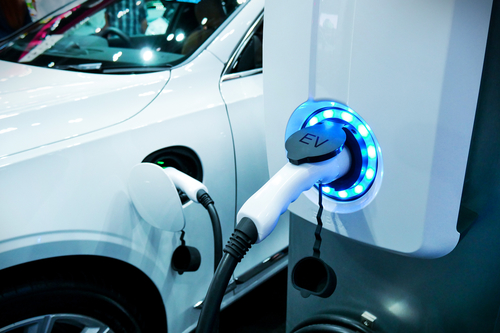A world-leading operations expert says the “economic decision” to end the production of Bentley’s signature 12-cylinder engine will make the luxury manufacturer “less remarkable”.
It was announced last week that Bentley’s shift to an electric model would mean production of the flagship W12 engine, which is much bigger than the standard three or four in most petrol cars and larger than V8 engines common in high-performance cars, would end next year. The engine is synonymous with the power of Bentley models, at least since 2003 when Volkswagen introduced it for the Bentley Continental GT.
This is the first luxury car brand to announce such a move, with rivals including Ferrari and Rolls-Royce still planning to offer the technology alongside electric models. The move to battery-powered vehicles by luxury manufacturers has been slower due to the client base often being able to afford more than one car.
ManMohan Sodhi, Professor of Operations and Supply Chain Management at Bayes Business School (formerly Cass), says he thinks the decision has been taken from Bentley’s hands by its parent company.
“The move appears to be an economic decision by the parent company, Volkswagen, or the Audi group, rather than the Bentley brand,” said Professor Sodhi.
“Ending the W12 engine makes the brand less remarkable. After all, plenty of other luxury brands offer smaller engines and electric or hybrid models and it was the W12 that propelled Bentley’s brand since 2003. Moreover, the pure and hybrid electric car market has allowed new luxury entrants.”
The move marks the beginning of Bentley’s plans to electrify its entire fleet of cars by the start of the next decade, with the aim of reducing its average emissions to zero. Its first battery electric model will be released in 2026.
Professor Sodhi added that Volkswagen’s decision seems to be to standardise V6 and V8 engines across Volkswagen’s Audi group, including Bentley. While economical, the loss of the W12 engine would lead to a loss of uniqueness of the Bentley brand.
“From the parent company’s viewpoint, the average efficiency of the fleet would improve, and they might not see much more use of a W12 engine for the Audi group as a whole in Volkswagen’s move towards greater electrification,” said Professor Sodhi. “This way, the company can focus on V6 and V8 engines for the entire Audi group, so it is an economic decision rather than something that Bentley itself would have made to stand out among other luxury brands.”
All comments can be attributed to Professor ManMohan Sodhi, Professor of Operations and Supply Chain Management at Bayes Business School (formerly Cass).
Ends


